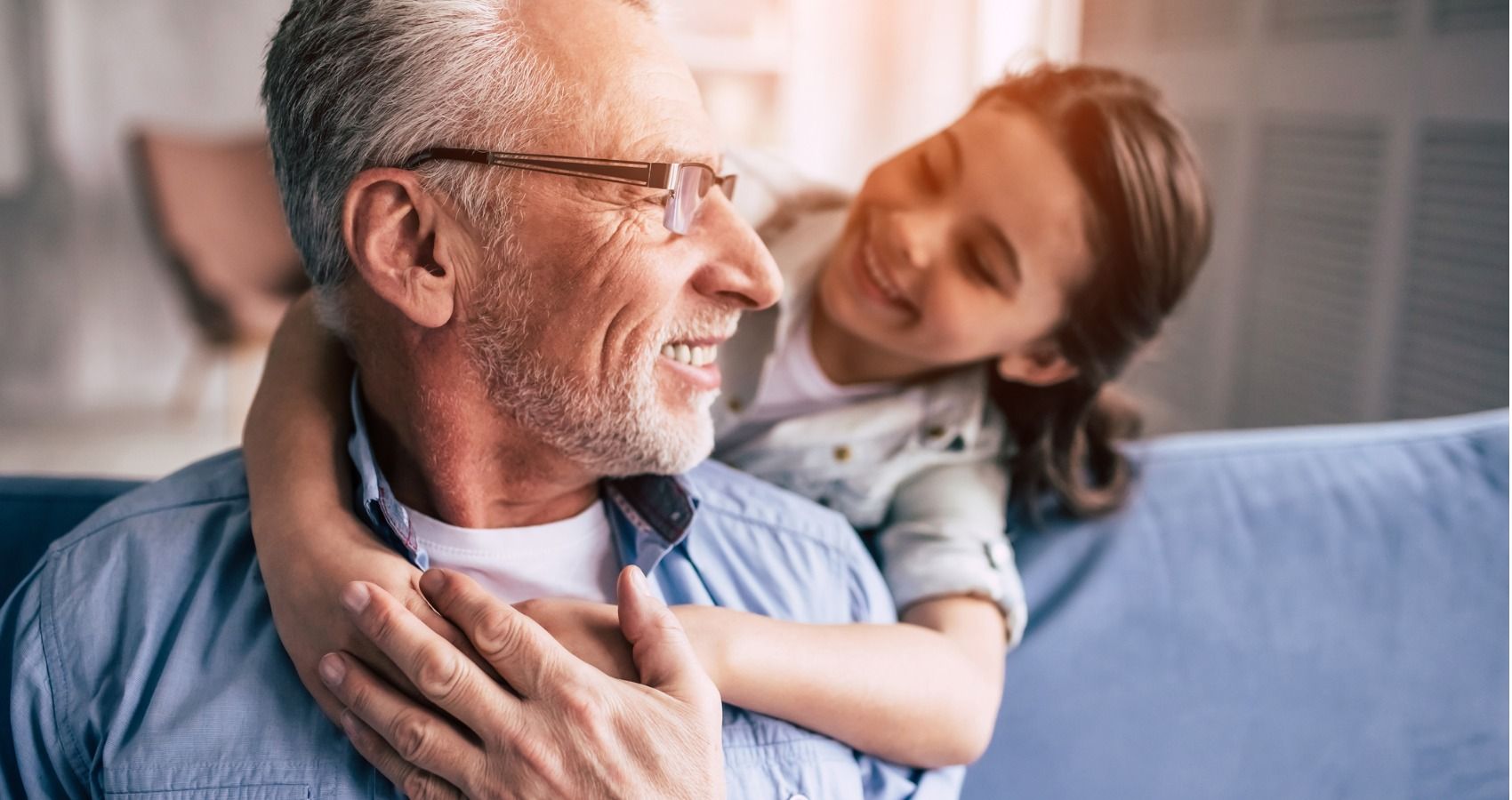With concern over the spread of Coronavirus increasing by the day, you may have particular concerns over the health of elderly friends, relatives, or neighbors. Children are currently least at risk, and are even largely unaffected by the illness. Those over 60 however, currently fall into the highest risk category, and the fatality rate rises exponentially at the age of 80 and over.
If you'd like more information regarding how to help those in that particular age group, to stay safe at this time, here are some tips from experts. The information comes from two geriatricians, and guidance from the Centers for Disease Control and Prevention.
Firstly, it is important that all non essential Doctors appointments are cancelled. If an existing appointment is routine in any way, such as a check up, or follow up appointment, it really needs to wait. If the technology available, then consider setting up a video appointment, if the Doctors office is agreeable, and if this can be a solution. If an older person becomes concerned about their health, try to find someone that they can appoint as their emergency contact, who can liaise with the Doctors office for them, to find a way to work through the problem while avoiding attending potentially dangerous situations, where the virus could be present.
Older people should be stocking up on essential items. It is understood that a lot of people are currently doing this, but elderly members of the community might find this harder, and need assistance. Ensure that they have enough toothpaste, toilet roll, detergents, and other such items. A lot of tinned foods will be useful, as there is no current estimation regarding when the virus will come to an end, and tins have long shelf lives. If you can help an older person by cooking them meals to freeze, then make sure they have plenty of them. Furthermore, instead of leaving the house to collect any medication, the CDC has suggested that all medications be mailed out as an alternative.
Concerning regular activities, it has been emphasised that the older generation should not become completely isolated, but be extremely vigilant when entering any social spaces. They should wash their hands thoroughly before entering, and when leaving a building, and avoid largely populated indoor spaces, and ones that are poorly ventilated. Any non essential flights should be cancelled, and any booked cruises should be immediately cancelled; cruises are currently presenting the highest possible transmission risk for older people.
If the need for self isolation does arise, it is important the the mental well being of the older person is monitored carefully, as long periods alone are also deemed a high risk to mortality. There should be people available who can chat to the older person regularly on the phone, to whom they can relay their fears, and curb their boredom. If you are concerned about visiting an older person in a nursing home, the CDC advises that long term care facilities are always kept up to date with training regarding how to handle a pandemic. The facility will know how to take care of the older people, and will advise you regarding visits.
There is a tip sheet provided, that can be downloaded to keep and share. However, it is advised that as more becomes known about the virus, the advice may change, and always to check the CDC website for the most up to date information.

